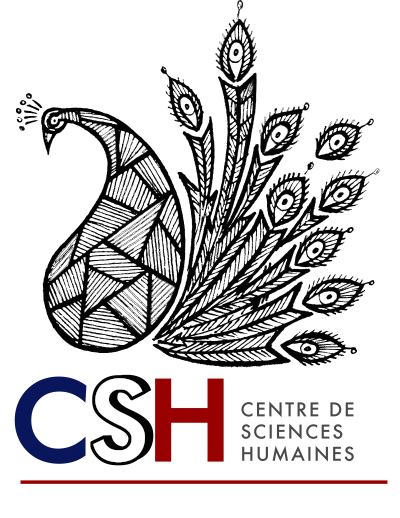Between nation and 'community' : Muslim universities and Indian politics after partition / Laurence Gautier.
Material type: TextPublisher: Cambridge, United Kingdom ; New York, NY : Cambridge University Press & Assessment, 2024Description: 466 pagesContent type:
TextPublisher: Cambridge, United Kingdom ; New York, NY : Cambridge University Press & Assessment, 2024Description: 466 pagesContent type: - text
- unmediated
- volume
- 9781009358491
- Islamic universities and colleges -- India -- History -- 20th century
- Muslims -- Education (Higher) -- India -- History -- 20th century
- Muslims -- India -- Social conditions -- 20th century
- Higher education and state -- India -- History -- 20th century
- Group identity -- India -- History -- 20th century
- India -- History -- Partition, 1947- -- Influence
- 379.5409/04 23/eng/20240416
- LC910.I4 G38 2024
| Item type | Current library | Collection | Call number | Status | Date due | Barcode | |
|---|---|---|---|---|---|---|---|
| Gifed books | Centre de Science Humaines | Gifted books | 320 GAU (Browse shelf(Opens below)) | Available | 15927 |
Includes bibliographical references and index.
Introduction -- A laboratory for composite India : Jamia Millia Islamia around the time of partition -- Sifting Sir Syed's legacy : rrom the 'arsenal of Muslim India' to a symbol of India's national integration? -- Re-legitimising minority rights : the campaign for Aligarh Muslim University's minority status -- Resisting minority politics, holding on to composite nationalism : Jamia Millia Islamia in the post-Nehruvian period -- Uplifting backward Muslims : the new consensus? -- Bastions of Islam : the defence of Islam as a narrative of empowerment and contestation -- Women in Muslim universities : guardians of tradition or actors of change? -- Conclusion.
"This book proposes a political history of Muslim universities in post-independence India, from 1947 to the 1990s. Based on a wide range of sources in English and in Urdu, it highlights the central role that these educational institutions played in the debates on national integration, secularism, minority rights and Muslim backwardness. After independence, Muslim universities found themselves at a critical juncture between central state authorities and India's Muslim population. As public and Muslim institutions, they were to participate in nation-building as much as in the development of the Muslim 'community'. By closely looking at the relation between these institutions and state authorities, the book teases out the ambiguities of the state's Muslim policy. It also examines, in turn, how university members responded to this policy and developed competing conceptions of Muslim identity and citizenship, which structured the wider public debates on Muslims' status in post-partition India"-- Provided by publisher.
There are no comments on this title.
